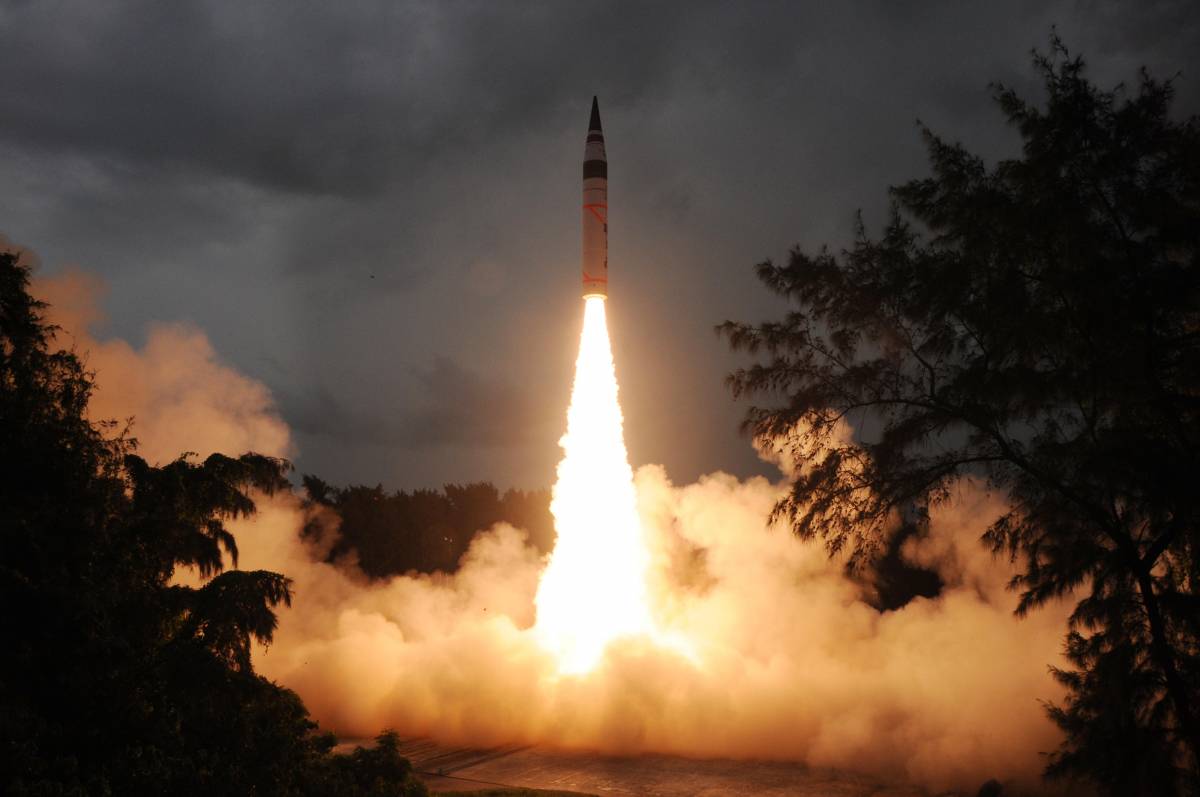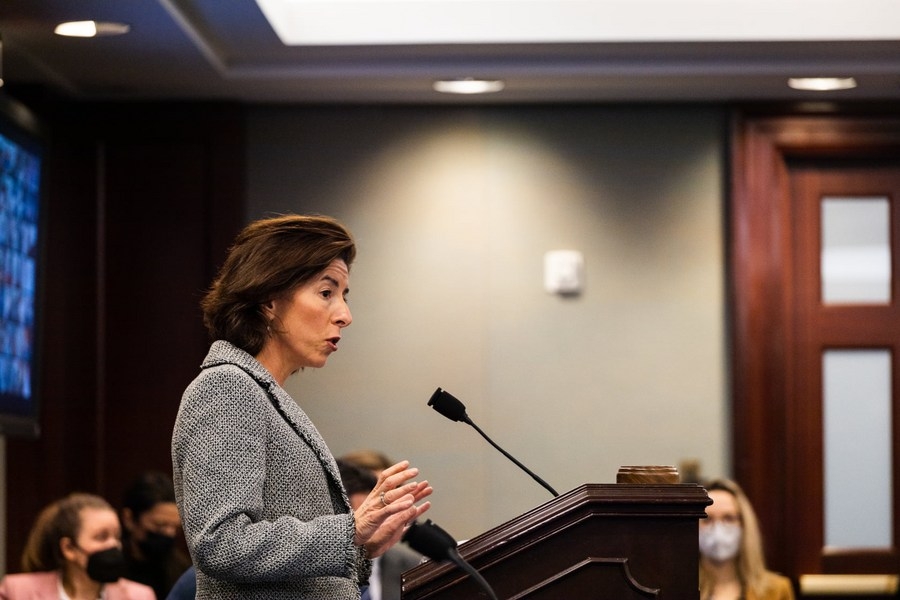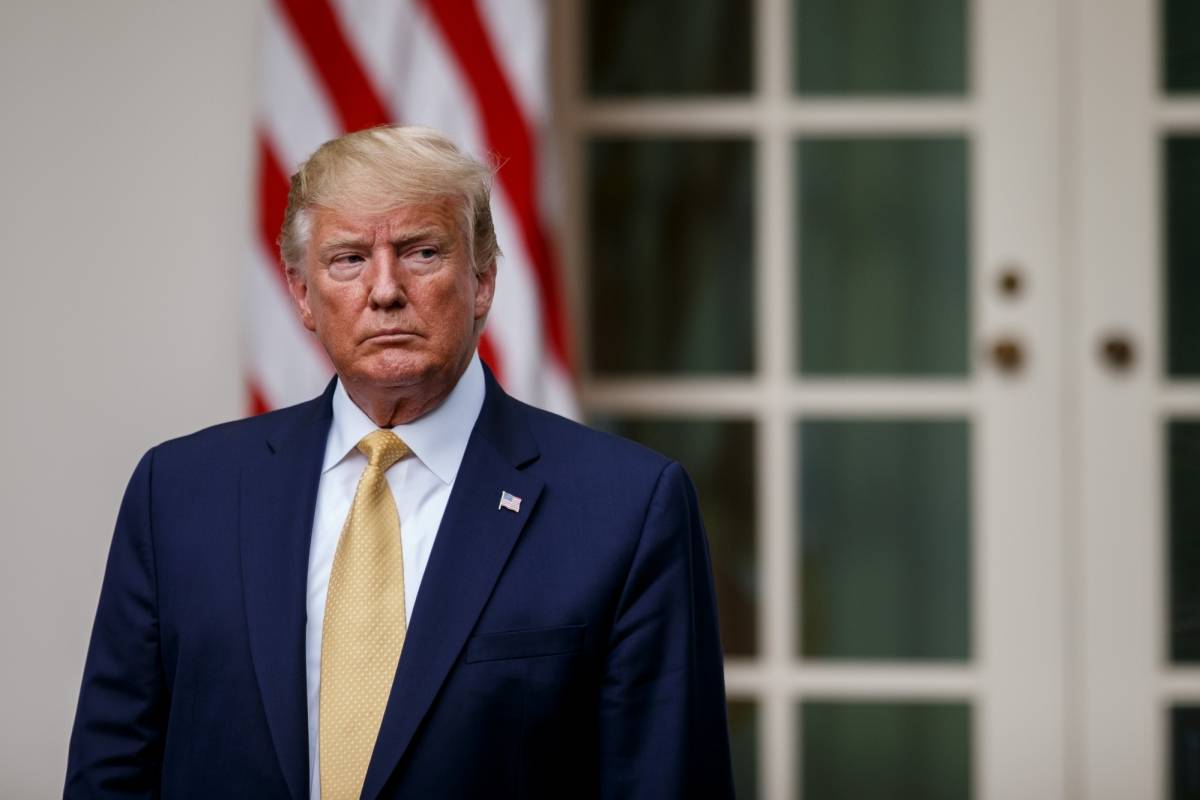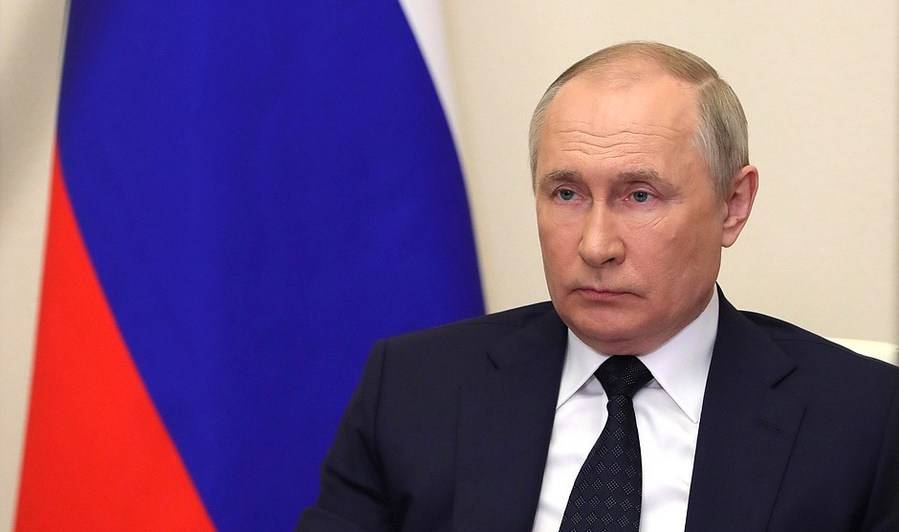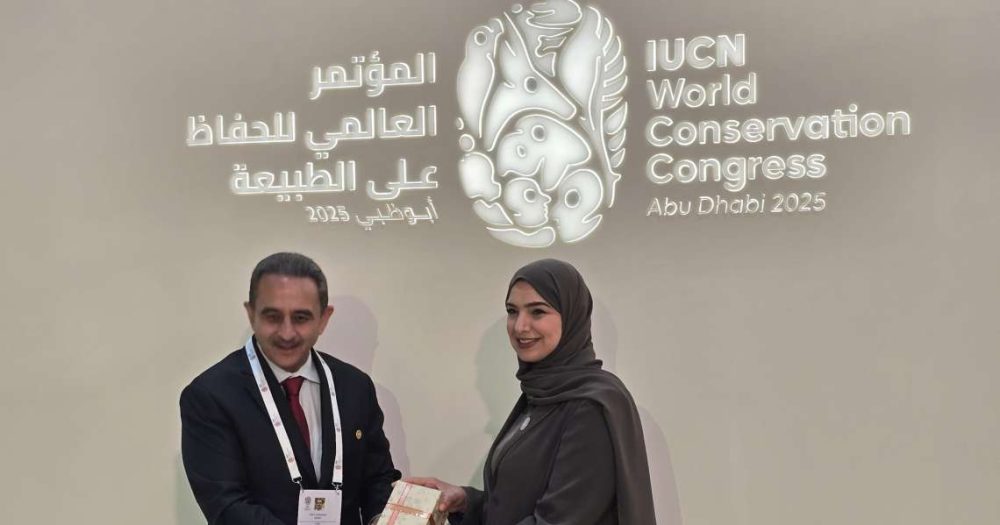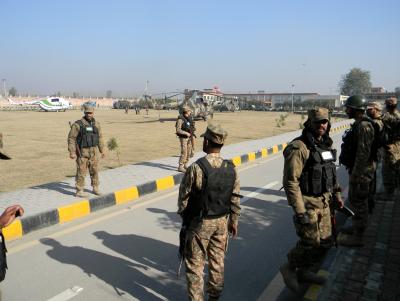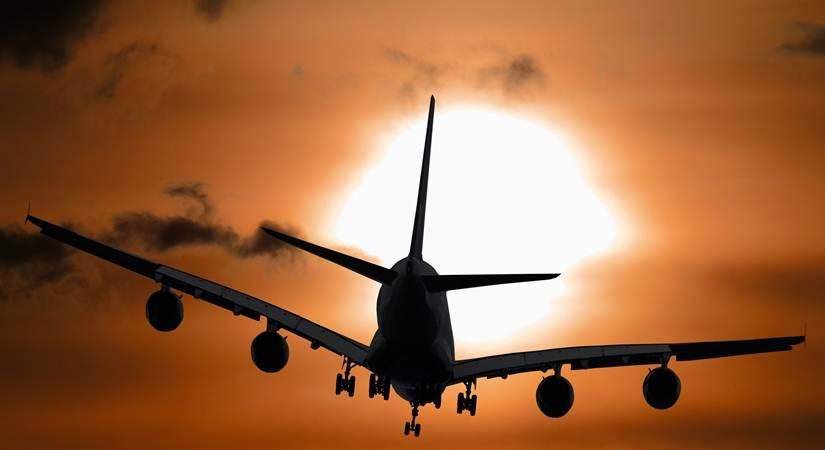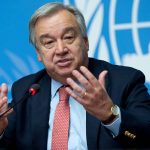Islamabad appears to be diversifying, by enhancing its ability to produce weapon-grade plutonium, according to the findings of the Stockholm International Peace Research Institute (SIPRI), reports Ateet Sharma
Pakistan is increasing its capacity to produce plutonium for use in nuclear weapons in tune with an increase in global stockpiles of atomic weapons, missiles and aircraft delivery systems, led by the United States and Russia who appear locked in competition to modernise their nuclear warheads.
The raw material for nuclear weapons is fissile material, either highly enriched uranium (HEU) or separated plutonium. China, France, Russia, the United Kingdom and the USA have produced both HEU and plutonium for use in their nuclear weapons. The Indian and Israeli arsenal is mainly plutonium based. So far Pakistan has mainly relied on HEU for its stockpile of around 165 nuclear weapons as per the latest estimates. But Islamabad appears to be diversifying, by enhancing its ability to produce weapon-grade plutonium, according to the findings of the Stockholm International Peace Research Institute (SIPRI).
Released on Monday, the SIPRI Yearbook 2021 assesses the current state of armaments, disarmament and international security. A key finding is that despite an overall decrease in the number of nuclear warheads in 2020, more have been deployed with operational forces.
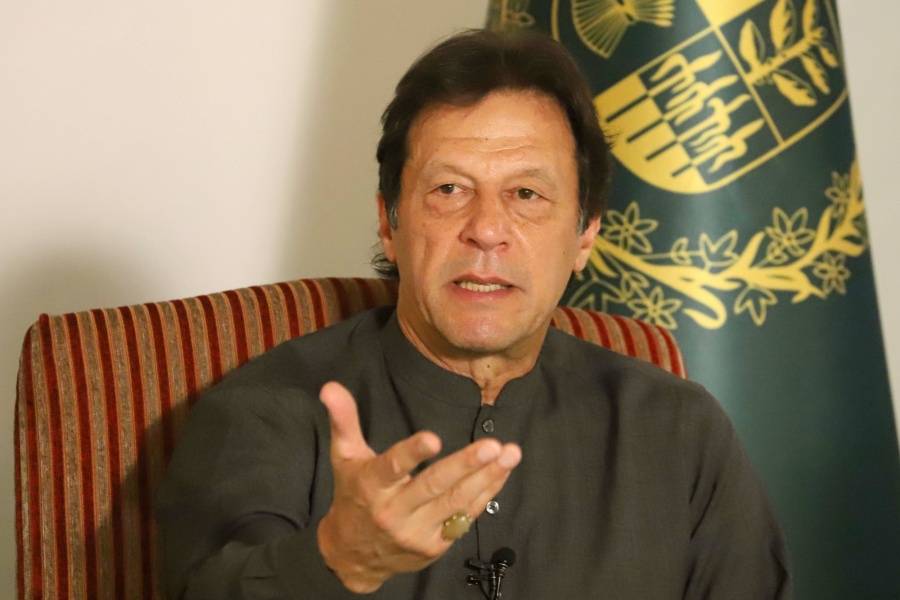
While the US and Russia continued to reduce their overall nuclear weapon inventories by dismantling retired warheads in 2020, both are estimated to have had around 50 more nuclear warheads in operational deployment at the start of 2021 than a year earlier, says the report.
The report said that at the start of 2021, nine states e the United States, Russia, the United Kingdom, France, China, India, Pakistan, Israel and the Democratic People’s Republic of Korea (DPRK, or North Korea) e possessed approximately 13,080 nuclear weapons, of which 3825 were deployed with operational forces. Approximately 2000 of these are kept in a state of high operational alert.
While it marked a decrease from the 13,400 that SIPRI estimated these states possessed at the beginning of 2020, the estimated number of nuclear weapons currently deployed with operational forces increased to 3825, from 3720 last year. Around 2000 of these e nearly all of which belonged to Russia or the US ewere kept in a state of high operational alert, the report mentions.
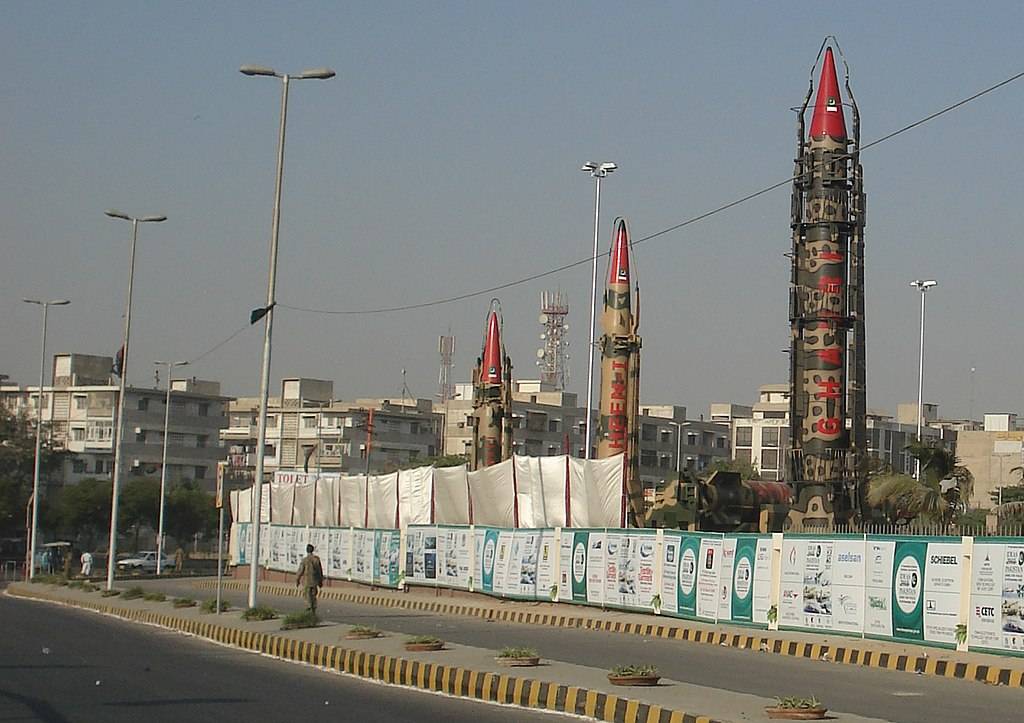
The institute said that three emerging trends in the Asia and Oceania region remained a cause for concern – the growing ChineseeUnited States rivalry combined with an increasingly assertive Chinese foreign policy; the growing violence related to identity politics, based on ethnic or religious polarization (or both); and, the increase in transnational violent jihadist groups, some of the most organized groups of which are active in South East Asia, most notably in Indonesia, Malaysia and the Philippines.
“The overall number of warheads in global military stockpiles now appears to be increasing, a worrisome sign that the declining trend that has characterized global nuclear arsenals since the end of the cold war has stalled,” the report quotes Hans M. Kristensen, Associate Senior Fellow with SIPRI’s Nuclear Disarmament, Arms Control and Non-proliferation Programme and Director of the Nuclear Information Project at the Federation of American Scientists (FAS), as saying.
Pakistan nuclear stockpile growing
According to the International Panel on Fissile Materials (IPFM), an independent group of arms-control and non-proliferation experts from both nuclear weapon and non-nuclear weapon states, Pakistan – a nuclear weapon state outside of the Nuclear Non-proliferation Treaty – continues production of fissile materials for weapons.
The Princeton-based panel said that, as of the beginning of 2020, Pakistan had an accumulated stockpile estimated as about 410 kg of plutonium which has been produced at four production reactors in Khushab in the Sargodha Division of the Punjab province.
It further mentions that, as of the beginning of 2020, Pakistan is estimated to have a stockpile of 3.9e0.4 tons of HEU and continues to produce HEU for its nuclear weapon programme.
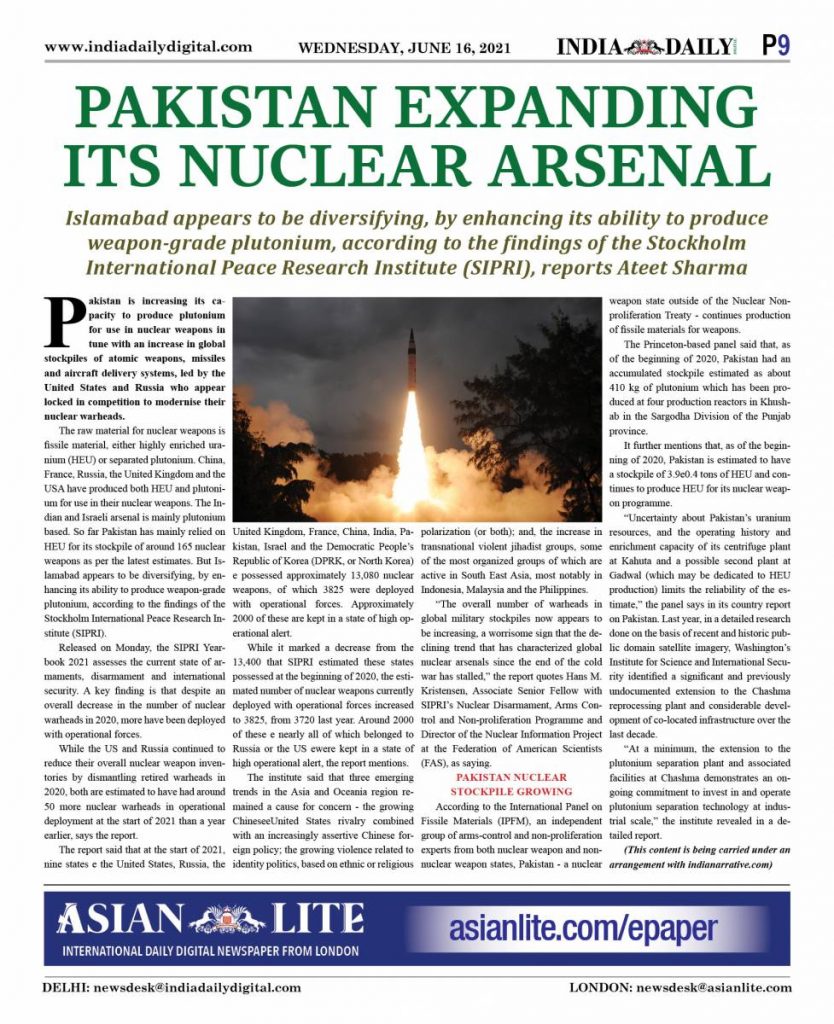
“Uncertainty about Pakistan’s uranium resources, and the operating history and enrichment capacity of its centrifuge plant at Kahuta and a possible second plant at Gadwal (which may be dedicated to HEU production) limits the reliability of the estimate,” the panel says in its country report on Pakistan.
Last year, in a detailed research done on the basis of recent and historic public domain satellite imagery, Washington’s Institute for Science and International Security identified a significant and previously undocumented extension to the Chashma reprocessing plant and considerable development of co-located infrastructure over the last decade.
“At a minimum, the extension to the plutonium separation plant and associated facilities at Chashma demonstrates an on-going commitment to invest in and operate plutonium separation technology at industrial scale,” the institute revealed in a detailed report.
(This content is being carried under an arrangement with indianarrative.com)


